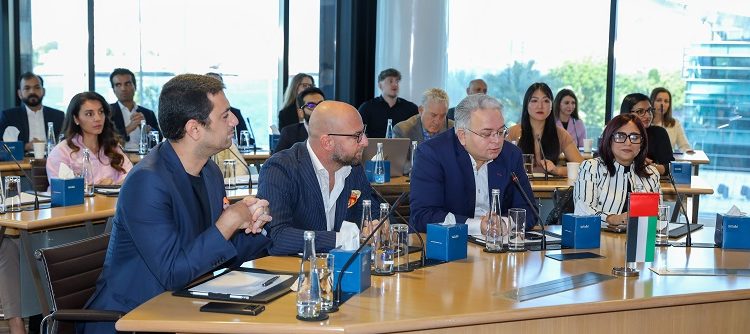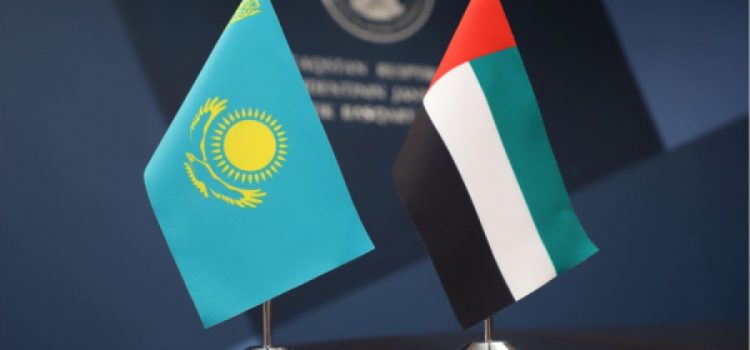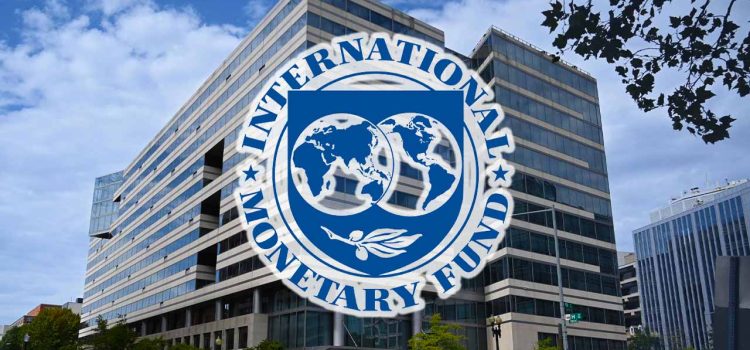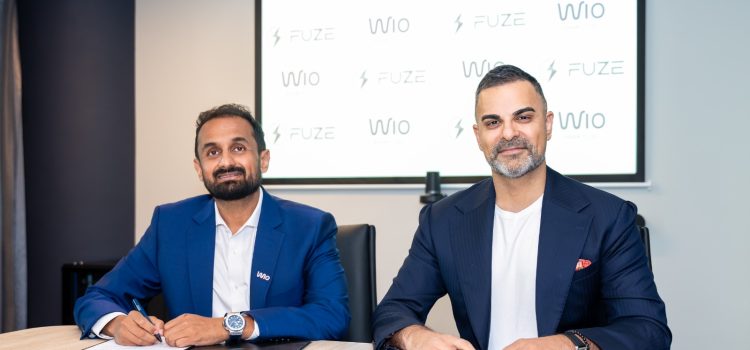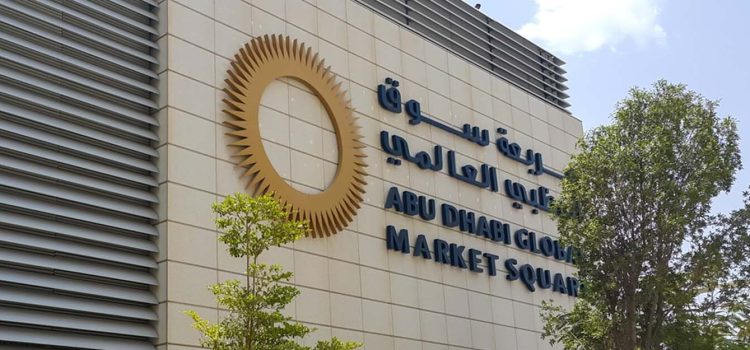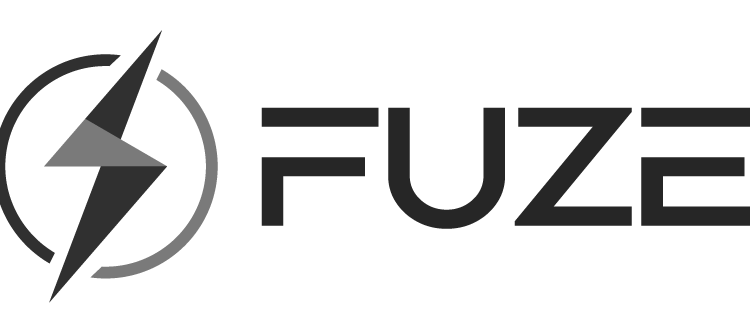
Dubai’s virtual assets regulatory accomplishments was the center of discussions at the recent event hosted by Dubai Digital Assets Association (D2A2), supported by Dubai Chamber of Commerce. On the one-year anniversary of VARA (Virtual assets regulatory authority) in Dubai, the forum provided a platform for industry stakeholders to review and analyze the development of the regulatory landscape for virtual assets and the challenges industry is facing.
The feedback and insights gathered during the roundtable discussion will be consolidated into a submission by D2A2 on behalf of the stakeholders to regulatory authorities for suitable action.
Participants included VARA, the Securities and Commodities Authority (SCA), several government authorities that are focused on developing the web3 ecosystem – such as Dubai Economy, DWTC, RAKDAO – to name a few, licensed Virtual Asset Service Providers (VASPs) by VARA, and service providers such as lawyers, compliance specialists and forensic intelligence consultants.
During the Forum, VARA outlined the licensing regime it has put in place and process of licensing adopted to support the industry. Industry Participants highlighted the areas where they seek clarifications, adjustments, or improvements in the regulatory framework.
The occasion also presented an opportunity for regulators, businesses, and all stakeholders to engage in a meaningful and open discussion about the future of Virtual Assets in Dubai. Participants were able to exchange views with the regulatory authorities and fellow industry participants.
Gaurang Desai, Chairman of the D2A2, commented on the occasion “At D2A2, it is important for us to bring together all stakeholders to bring out opportunities and challenges faced by each of them in order to arrive at solutions that are equitable and prudent for long-term sustainable growth of this nascent industry. We look forward to building on this momentum and becoming a trusted partner for industry participants and the regulators in time to come.”
D2A2 has the goal of enhancing the ease of doing business in Dubai, driving positive economic impact, and further strengthening the emirate’s position as a leading global business hub.








